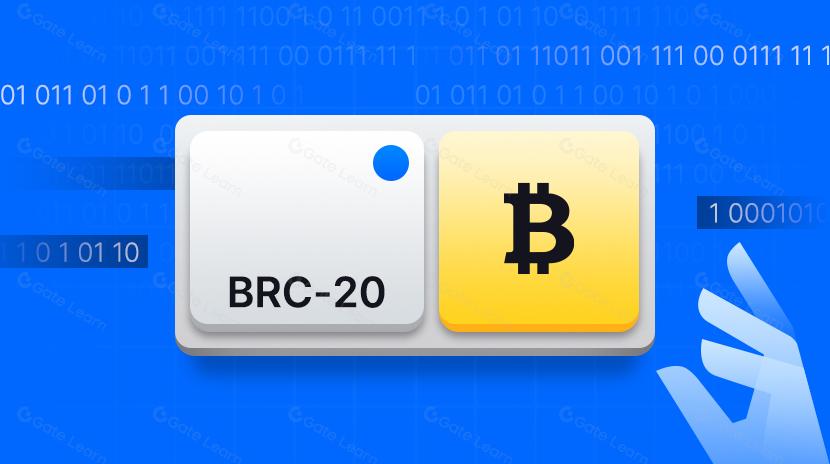how much is 10000 bitcoins

10,000 bitcoins represent an enormous amount of wealth in the cryptocurrency space, with its value determined by multiple factors including market supply and demand, global macroeconomic conditions, and institutional investor behavior. As the first successfully implemented decentralized digital currency, Bitcoin has experienced thousands of times growth in value since its inception in 2009. The famous "Pizza Transaction" in 2010, where someone purchased pizza worth $25 for 10,000 bitcoins, has become a symbolic event representing Bitcoin's meteoric rise in value. In the current market environment, 10,000 bitcoins could be worth hundreds of millions of dollars, placing its holder among the global wealthy elite.
Market Impact
10,000 bitcoins carry significant impact and meaning in the cryptocurrency market:
-
Supply Proportion: This amount represents approximately 0.048% of Bitcoin's maximum supply of 21 million, an important percentage in the scarcity-driven Bitcoin ecosystem.
-
Market Liquidity Effect: Such a scale of bitcoin, if traded in a concentrated timeframe, could cause notable market price fluctuations, especially during periods of lower trading volume.
-
Institutional Investment Benchmark: Several public companies and institutional investors hold bitcoin reserves at this scale, including MicroStrategy and Tesla.
-
Wealth Scale Comparison: At current market valuation, holders of 10,000 bitcoins may exceed the market capitalization of many small to medium-sized publicly traded companies in traditional industries, demonstrating the potential of crypto assets as wealth storage.
-
Whale Account Standard: Within the Bitcoin ecosystem, addresses holding this quantity of bitcoin are typically classified as "whale accounts," whose trading behaviors are closely monitored by the market as potential price signals.
Risks and Challenges
Holding or trading 10,000 bitcoins involves multiple risks and challenges:
-
Price Volatility Risk: Bitcoin prices have historically been highly volatile, meaning the market value of 10,000 bitcoins could fluctuate by millions or even tens of millions of dollars in short periods.
-
Security Storage Challenges: Digital assets of this scale require extremely rigorous security measures, including multi-signature cold storage, distributed custody, and other advanced security solutions.
-
Liquidity Constraints: When liquidation is needed, such a large amount of bitcoin is difficult to sell completely in a short time without affecting the market.
-
Regulatory Compliance Issues: Regulations for large cryptocurrency holdings and transactions are increasingly stringent across countries, potentially facing anti-money laundering scrutiny, tax reporting, and proof of asset origin requirements.
-
Estate Planning Complexity: Digital assets of this scale present unique challenges in inheritance, requiring specialized cryptocurrency estate planning solutions.
-
Fork and Technical Risks: Network upgrades, hard forks, and other technical events may affect asset value, requiring continuous attention to technical developments.
Future Outlook
As the cryptocurrency ecosystem continues to develop, the value and significance of 10,000 bitcoins may undergo the following changes:
-
Institutional Holding Trend: More corporate financial reserves, national sovereign funds, and pension funds are expected to allocate bitcoin, making holdings of this scale more commonplace.
-
Value Stabilization Mechanisms: As market maturity increases and liquidity improves, price volatility for large bitcoin holdings may gradually decrease, enhancing its reliability as a store of value asset.
-
Derivative Market Development: Financial services around large bitcoin holdings will become more diverse, including custody lending, yield products, and complex derivatives.
-
Regulatory Clarity: Global major economies will tend to improve regulatory frameworks for large crypto assets, providing clearer compliance guidelines for holders.
-
Layer Solution Integration: The maturation of second-layer extension solutions such as Lightning Network will enable large bitcoin holders to participate more efficiently in small payment ecosystems without major compromises between security and convenience.
-
Bitcoin ETF Popularization: As bitcoin ETFs gain broader acceptance globally, investors holding large amounts of bitcoin will have more diversified management and liquidation channels.
Professional institutions in the crypto asset industry predict that as Bitcoin becomes more widely accepted as digital gold and a store of value, the wealth scale that 10,000 bitcoins may represent in the next decade could further expand, with its strategic value potentially exceeding pure monetary value.
10,000 bitcoins not only represent enormous digital wealth but also symbolize cryptocurrency's journey from a marginal technological experiment to a mainstream financial asset. As a scarce digital asset, this amount of bitcoin represents both a concentration of wealth and the best example of Bitcoin as a new form of value storage. Whether for individual investors or institutional holders, owning bitcoin at such a scale signifies an important position in the transformation of the global financial system while also bearing corresponding responsibilities and risks. As Bitcoin continues to mature, the value of 10,000 bitcoins will continue to be an important indicator measuring the evolution of the digital asset ecosystem and global wealth restructuring.
Share
Related Articles

In-depth Explanation of Yala: Building a Modular DeFi Yield Aggregator with $YU Stablecoin as a Medium

BTC and Projects in The BRC-20 Ecosystem
